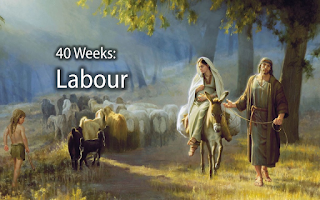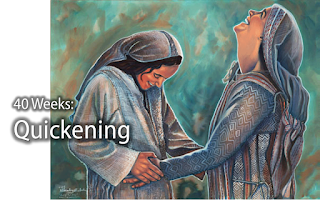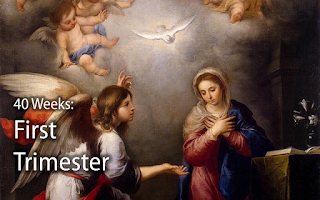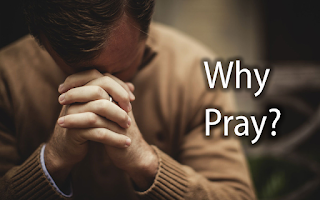Amen

Hespeler, 30 December, 2018 © Scott McAndless 2 Corinthians 1:15-20, Revelation 22:17-21, Psalm 41:1-13 T hroughout 2018 we have printed a weekly selection from “A Catechism for Today” in our bulletin. It is a teaching document that was produced by the Church Doctrine Committee of the Presbyterian Church in Canada several years ago. The reason for doing this was to take an opportunity to focus on some of the essential doctrines and teachings of the church. Throughout the year, therefore, I have often drawn on the readings of the catechism for the sermons I preached (though not so much during the season of Advent, I admit). But today we come to the end of 2018 and the end of our little experiment with the catechism. Starting next week, we will begin a new adventure in another old church tradition: the lectionary. But as we leave behind our old friend, the catechism, it is kind of fitting that we take a little bit of time today to ask





